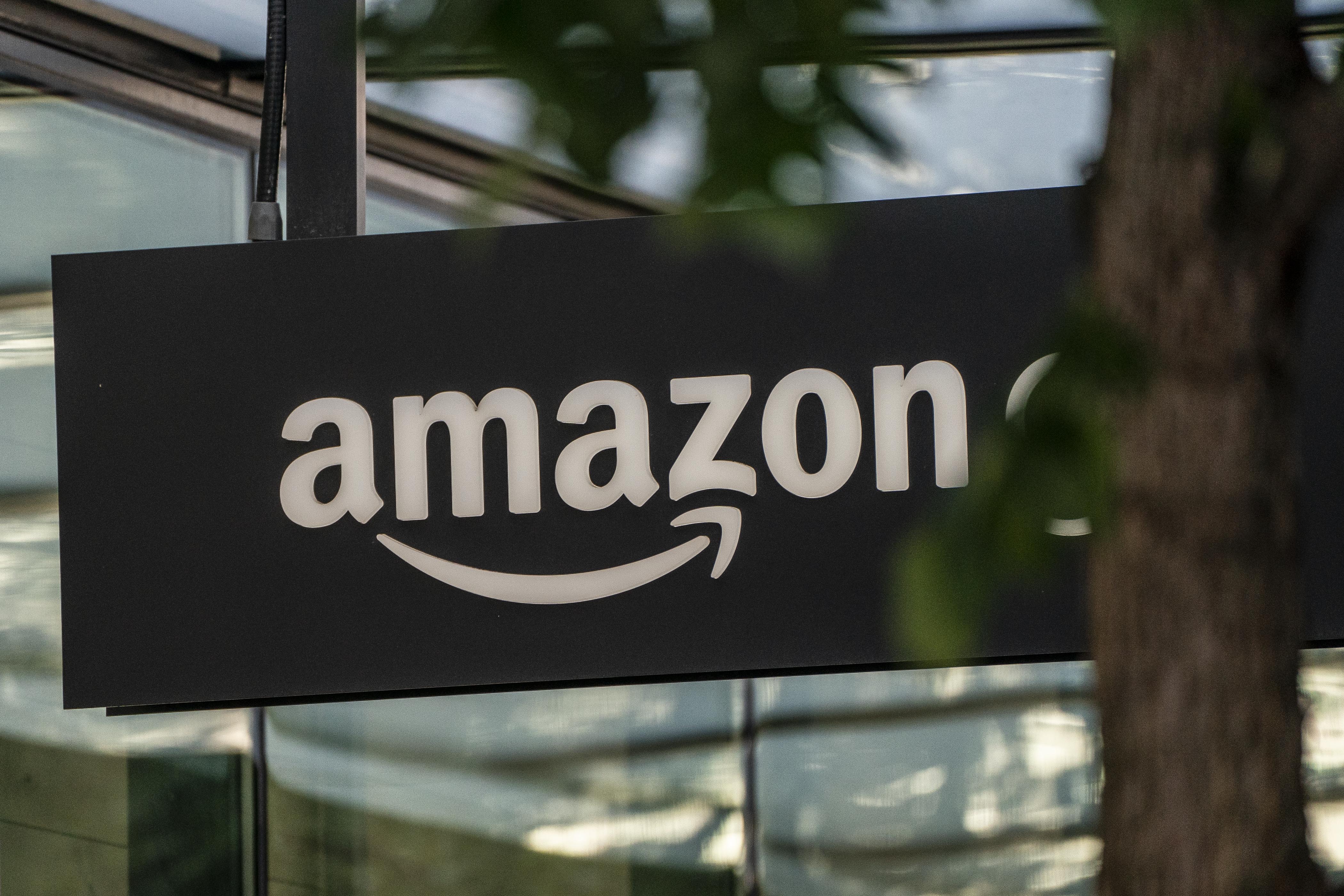Amazon says fear of Google putting off vendors from TV hardware partnership

Amazon says over half a dozen hardware vendors have indicated that they cannot enter into a TV manufacturing relationship with the e-commerce group over fear of retaliation from Google, escalating tension with the search giant with whom it competes on several businesses.
The revelation, officially shared by Amazon for the first time, was made by the company’s unit in India to the Competition Commission of India as part the antitrust watchdog’s years-long investigation into Google over claims that it abuses the dominant position in Android. Google does abuse its dominant position in Android, the regulator said Thursday in a statement, slapping a $162 million fine on Thursday.
As part of the investigation, the Competition Commission of India interviewed several industry players including Samsung, Microsoft and Mozilla. But nobody spoke quite so freely as Amazon, a quick analysis of the 293-page order published on Friday showed.
Here’s what Amazon told the CCI:
Amazon has explored working with mobile OEMs/ODMs/CMs who also manufacture non-mobile smart media devices, such as smart TVs, to enable those manufacturers to distribute non-mobile smart media devices (including smart TVs) running the Fire OS (e.g., Fire TV Edition (FTVE) for smart TVs). In these discussions with OEMs, at least seven OEMs have indicated that their ability to enter into a manufacturing relationship of this kind with Amazon is either blocked entirely or significantly limited (e.g., in terms of geographic scope) by their contractual commitments to Google and the concern that Google would retaliate against another of the OEM’s businesses that produce Android devices.
Amazon alleged that in “several cases” the device manufacturer has indicated that it cannot work with Amazon “despite a professed desire to do so in connection with smart TVs.” Even if the manufacturers agreed to not work on Android-powered smart TVs, they still had concerns that by working with Amazon on Fire OS-powered TVs they might still be risking their GMS license from Google for other businesses, Amazon said.
Additionally, firms including Foxconn and Panasonic tried and failed to obtain permission from Google to work with Amazon, the e-commerce giant said.
In others, the OEM has tried and failed to obtain “permission” from Google. For example, such discussions occurred with Skyworth, TPV (with respect to the Philips brand), UMC (with respect to the Sharp brand), Foxconn (with respect to the Sharp brand), and Panasonic. Panasonic also shared concerns about possible retaliation by Google against its automotive and aviation businesses if it proceeded with FTVE installation on smart TVs.
In a series of other accusations, Amazon also said that smartphone vendors told the firm that their terms with Google required them to have Google Chrome pre-installed on their handsets and a shortcut of the mobile browser to be displayed on the home screen of the device in a move that was detriment to the growth of Amazon’s browser, Silk.
This impacted Amazon Silk adoption because Amazon’s research at the time showed that the default browser was used by 58% of users, leaving Amazon Silk to compete with other web browsers such as Opera, Firefox, and UC for the minority of users not using the default browser.
Another possible barrier to distribution was the request from OEMs that Amazon pay significant amounts in order to be pre-installed onto the device, but even with payment, OEMs would make no guarantees as to app placement or willingness to forego the Chrome browser as the default browser (which would require them to remove the Google Play Store and other Google apps).
(On a side note, Amazon said it explored distribution deals with Reliance Jio, Micromax and Intel, something not previously known publicly, but the discussions did not materialize in meaningful success for Silk.)
Amazon, which operates Android-powered Fire OS that ships stripped of any popular Google mobile service, evaluated internally whether to license Android OS and GMS “because of the barriers created by the absence of GMS,” but decided against it “because it would be a ‘one-way door’ and result in ceding too much control to Google over Amazon’s current and future devices,” the company told the regulator.
The retailer cited the lack of access to Google Play and its associated apps as key reasons for the failure of Fire Phone, the company’s smartphone.
Amazon says fear of Google putting off vendors from TV hardware partnership by Manish Singh originally published on TechCrunch
* This article was originally published here


Comments
Post a Comment